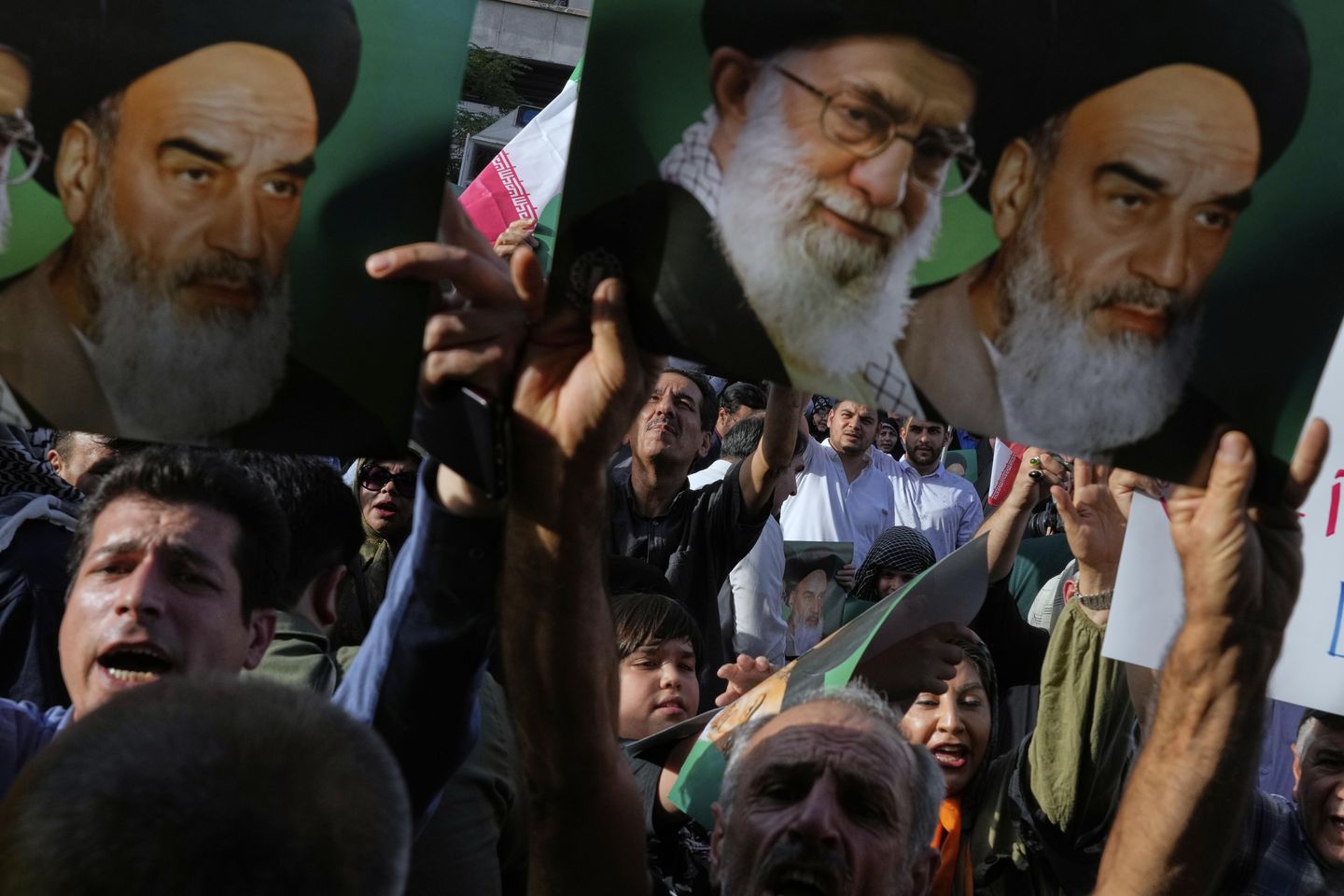
Iran’s Foreign Ministry said Tuesday that reimposing sanctions would create unnecessary complications and further postpone a solution to the Islamic republic’s nuclear program.
In remarks before state-affiliated media in New York, Iranian Deputy Foreign Minister Kazem Gharibabadi blasted Europe’s efforts to reimpose sanctions on Iran through the “snapback” mechanism in 2015’s Joint Comprehensive Plan of Action.
“The JCPOA has not been implemented for seven years, and the European countries halted their obligations after the United States withdrew from the deal,” he said. “Did they themselves fulfill their commitments under the JCPOA that they now expect the Islamic Republic of Iran to do so?”
The U.K., France, Germany, China and Russia remain signatories on the 2015 Iran deal, with the U.S. leaving the agreement in 2018 during President Trump’s first term. Iran reportedly greatly expanded its nuclear enrichment program following the U.S.’s departure.
Under the snapback mechanism, leading participants in the JCPOA could slap heavy sanctions back on Iran if it finds the Islamic republic has failed to meet its obligations. Britain, France and Germany announced earlier this month that they would reimpose sanctions under the snapback mechanism if there was no progress reached over Iran’s nuclear program by the end of August.
Iranian and European officials are set to meet this Friday in Istanbul to discuss the future of Iran’s nuclear program. Mr. Gharibabadi said he is looking forward to making Iran’s position on sanctions clear at Friday’s meeting.
“We will express our position regarding the E3’s comments on the snapback mechanism, which we think lacks any legal ground,” Gharibabadi said. Mr. “Nonetheless, our effort will be to see if we can find common solutions to manage the situation.”
The upcoming talks mark a shift in focus for Iran, which previously participated in five rounds of nuclear negotiations with the U.S. However, Iranian officials may have lost faith in U.S. negotiators following last month’s war with Iran, in which U.S. bombers helped Israel to damage Iran’s nuclear infrastructure severely.
Since last month’s conflict, Iran has insisted that it would not restart talks with U.S. negotiators until it had reassurances that Tehran was safe from attacks. Iran has also suspended cooperation with the International Atomic Energy Agency, which it said played a part in justifying Israel’s preemptive strikes.














